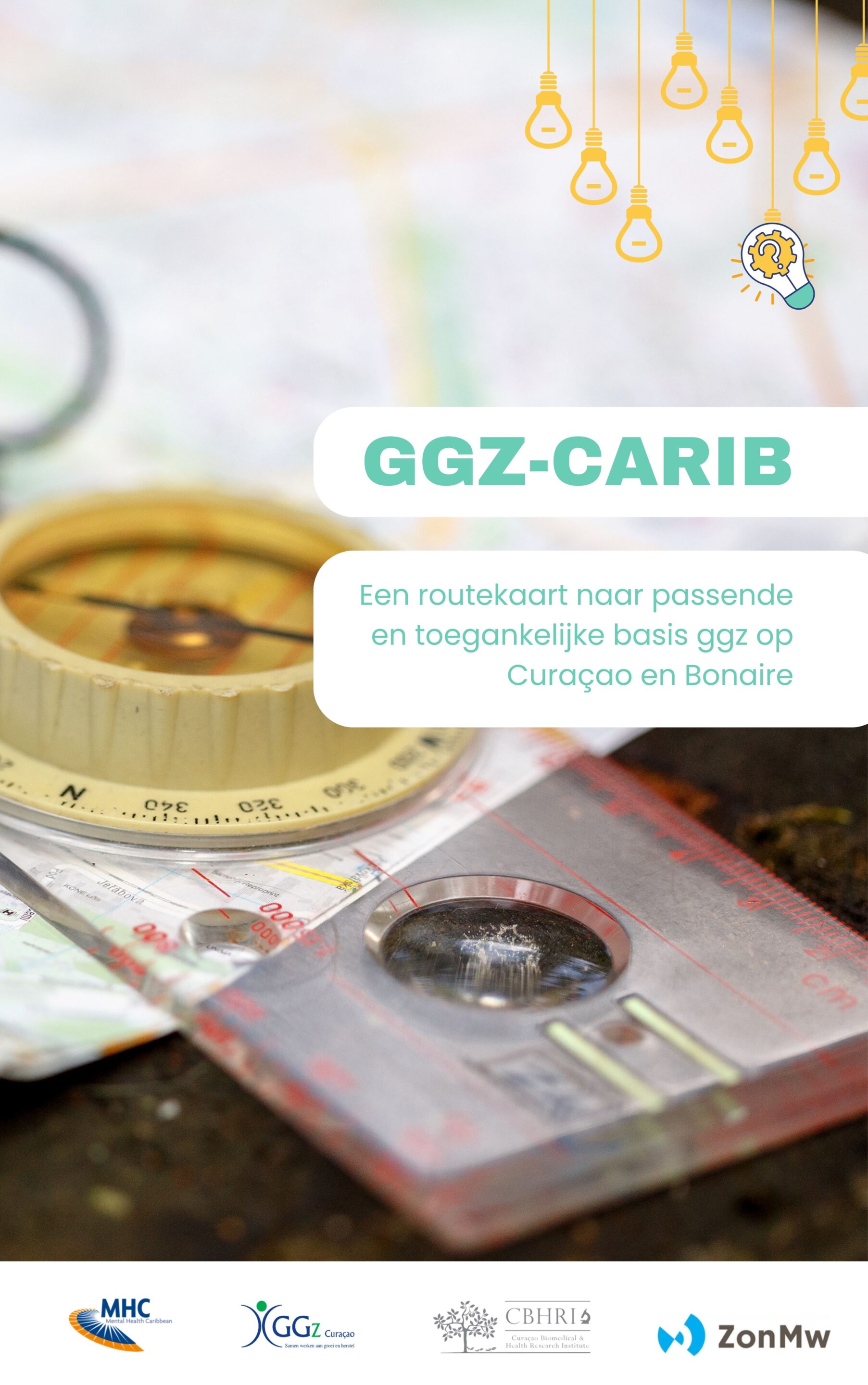Background and Key Findings from the GGZ-Carib Research Project
Mental health care (GGZ) in Curaçao and Bonaire can be more accessible, better coordinated, and more prevention-oriented. This is the conclusion of the final report from the GGZ-Carib research project, which was completed this month. The report provides concrete recommendations and implementation plans for strengthening basic mental health care on both islands.
The project was carried out in collaboration between Mental Health Caribbean (MHC) Bonaire, GGz Curaçao, and the Caribbean Biomedical and Health Research Institute (CBHRI), with funding from ZonMw. Based on interviews, data analysis, and interactive sessions with clients, healthcare professionals, and policymakers, the mental health landscape on both islands was mapped, and joint opportunities and bottlenecks were identified.
The research shows that the organization of mental health care differs significantly between the islands. In Bonaire, mental health care is centralized within MHC, which ensures short communication lines, but also creates vulnerability under staff pressure and limited options for clients. Curaçao, on the other hand, has a fragmented care landscape with many different providers and little structural coordination or cooperation.
Although both islands face challenges such as long waiting times, limited low-threshold care, and persistent stigma surrounding mental health issues, the underlying causes and required solutions differ. For Curaçao, the recommendations include the introduction of a uniform triage system, a central digital referral platform, and the expansion of preventive mental health services. For Bonaire, the focus lies on clear division of responsibilities between organizations, early identification through public health and education, and the strengthening of community-based support.




